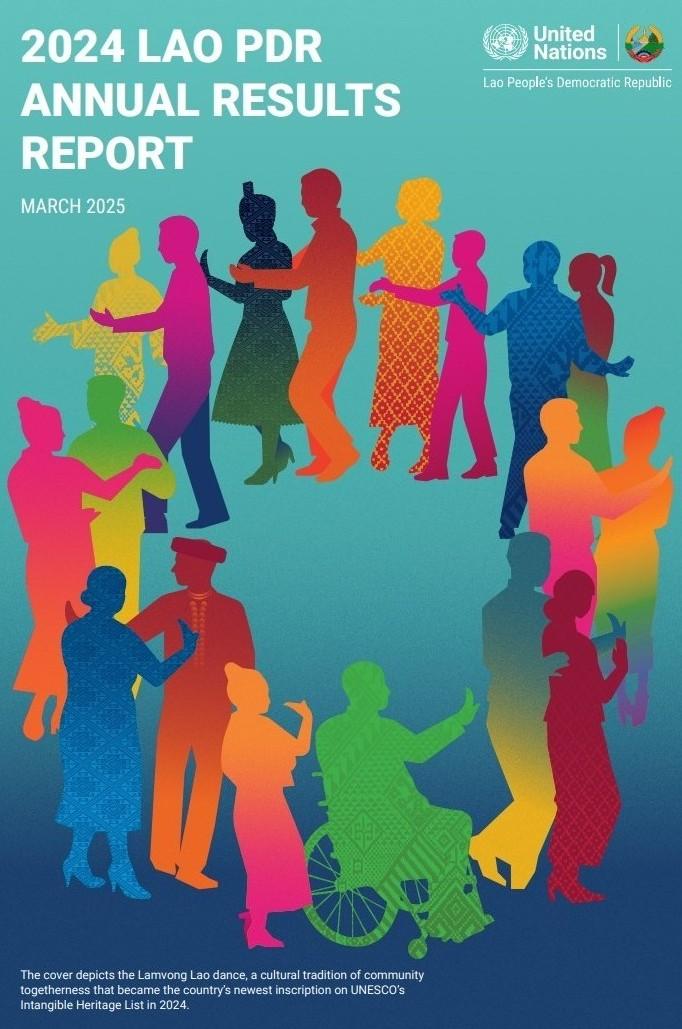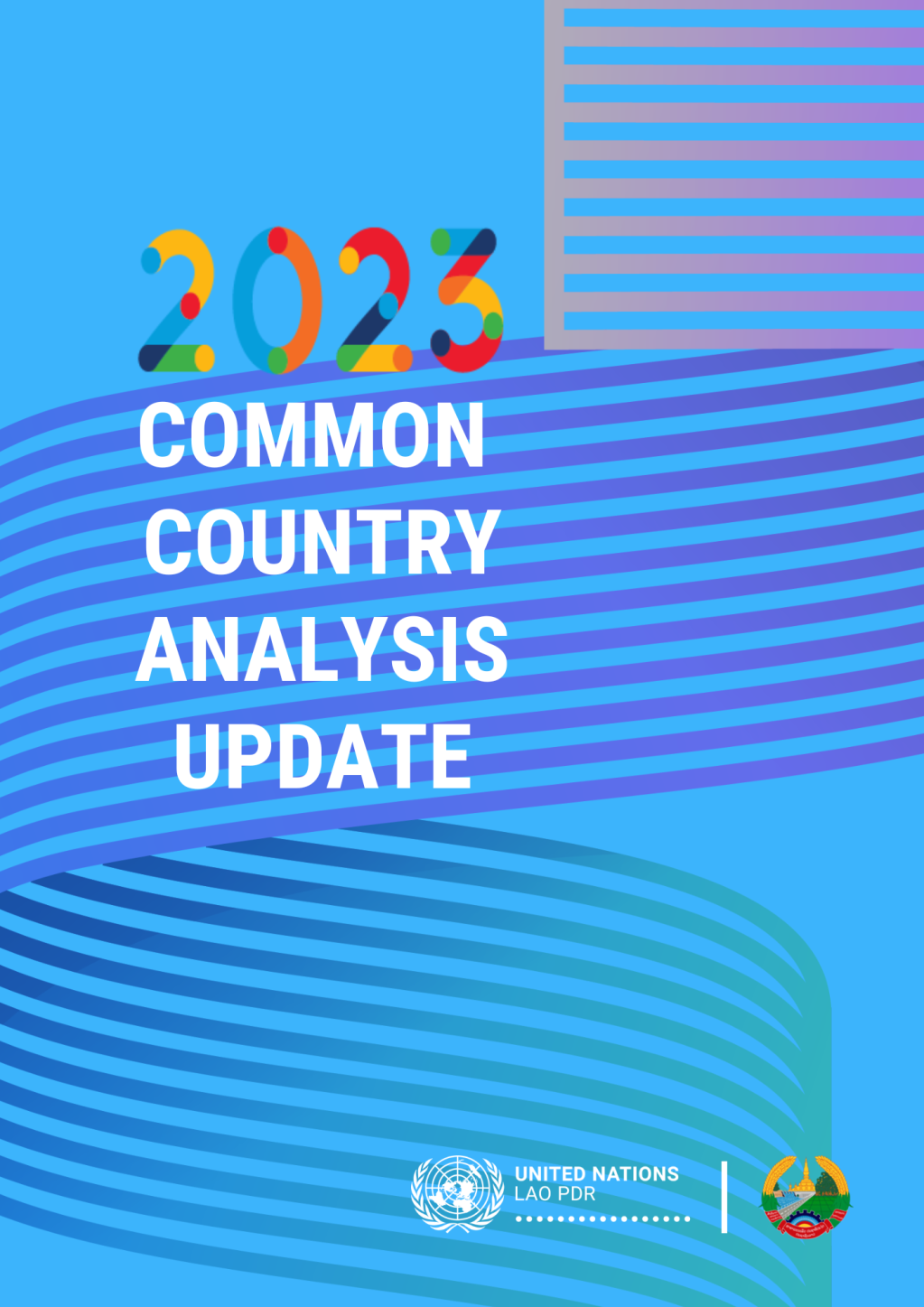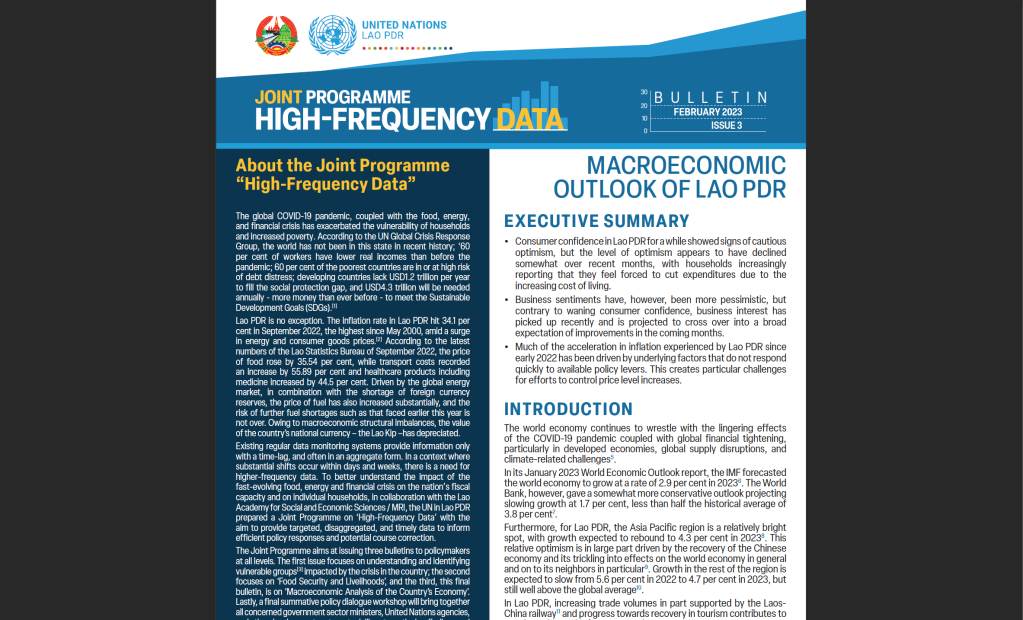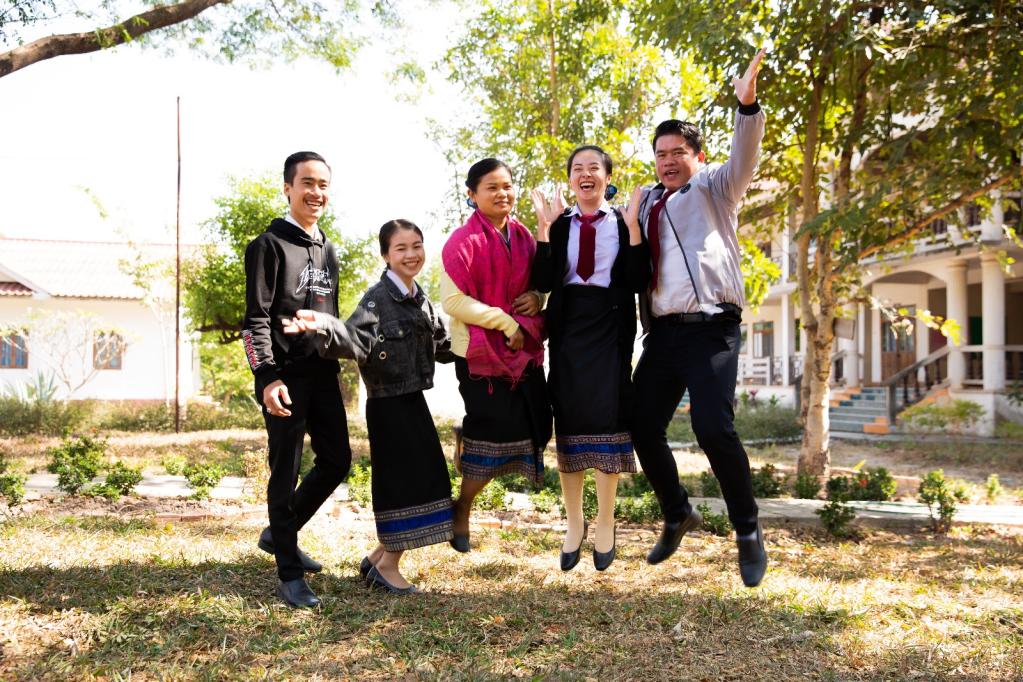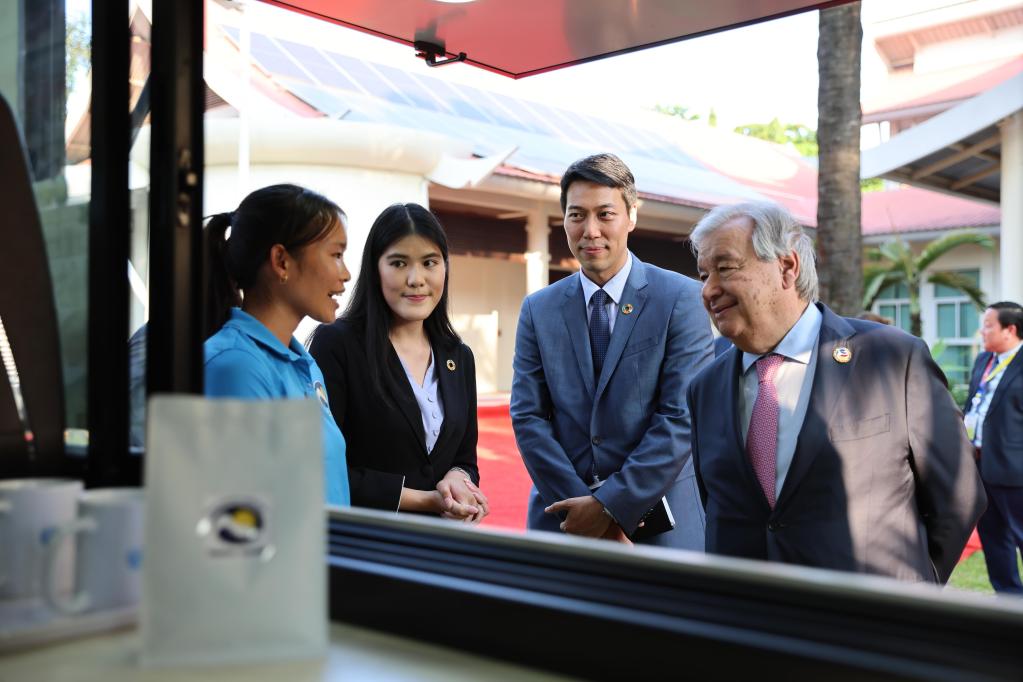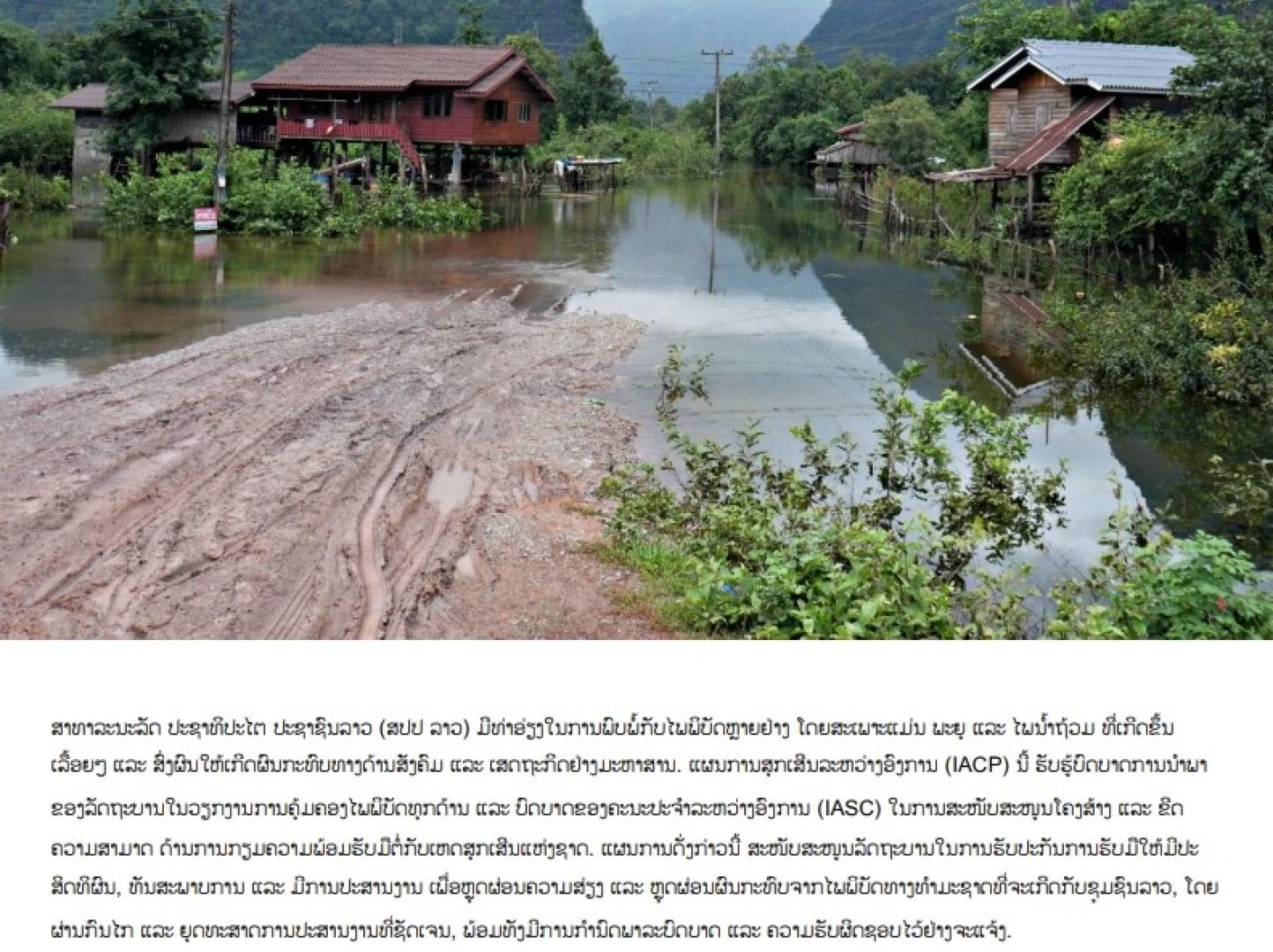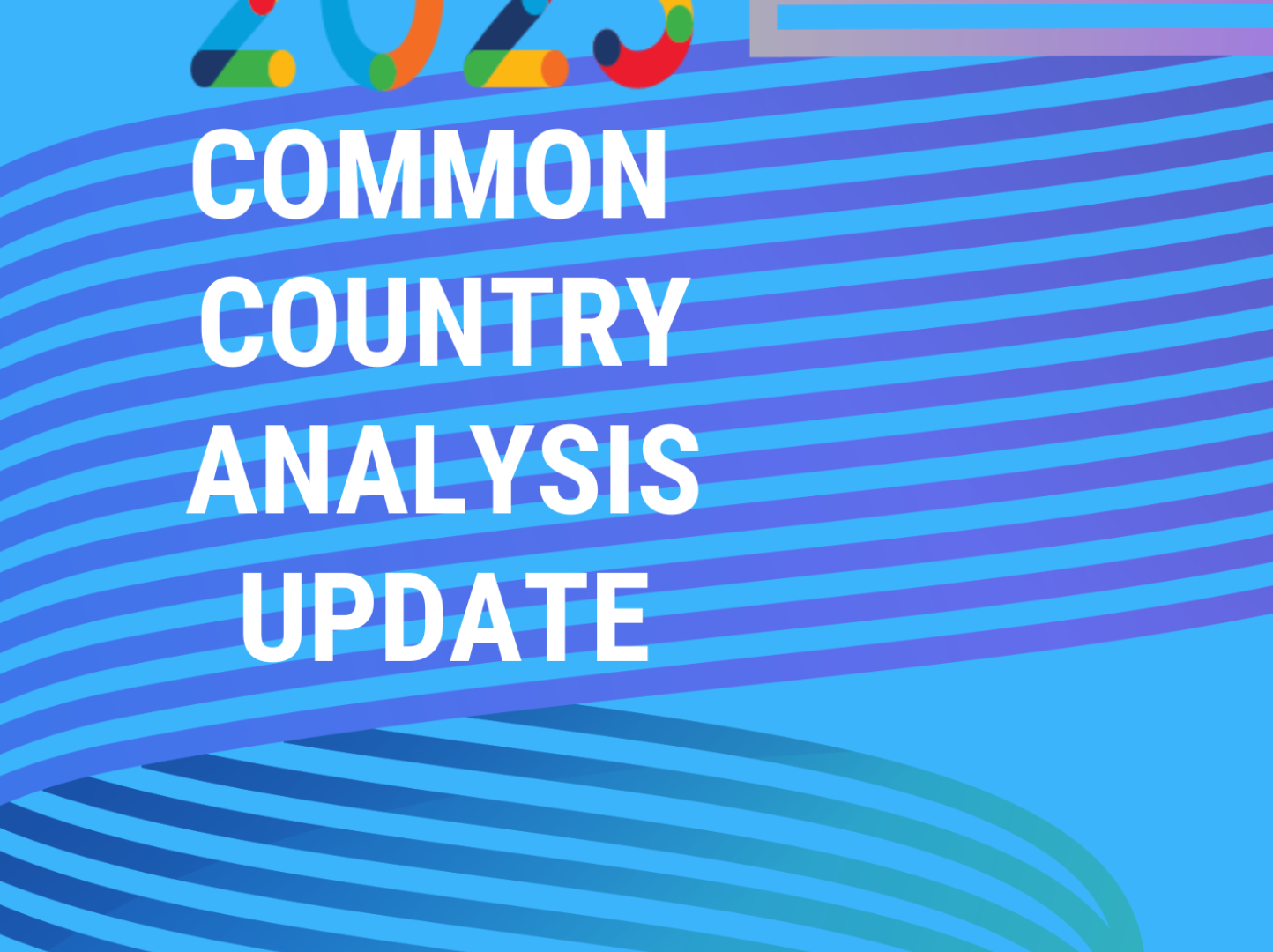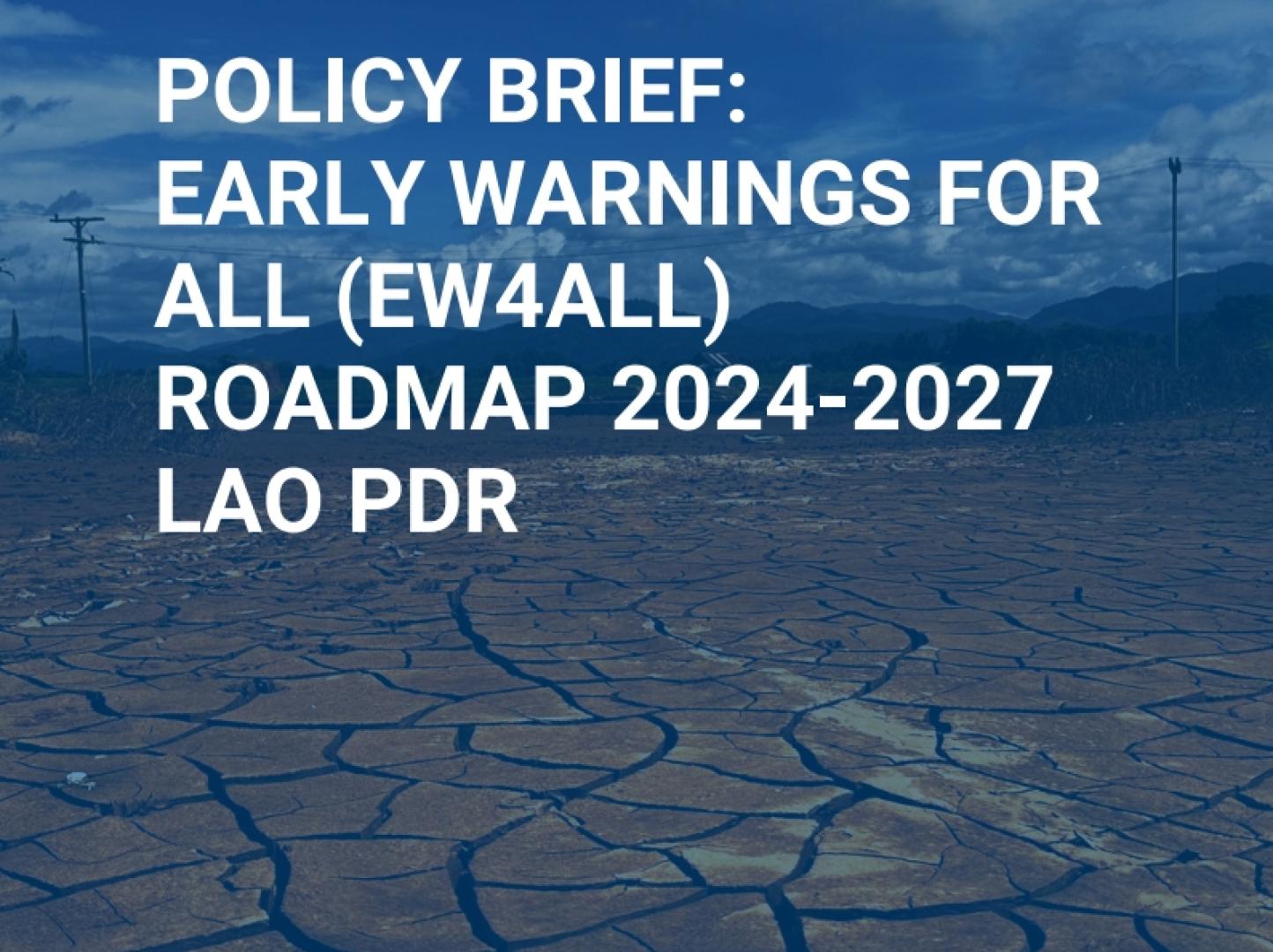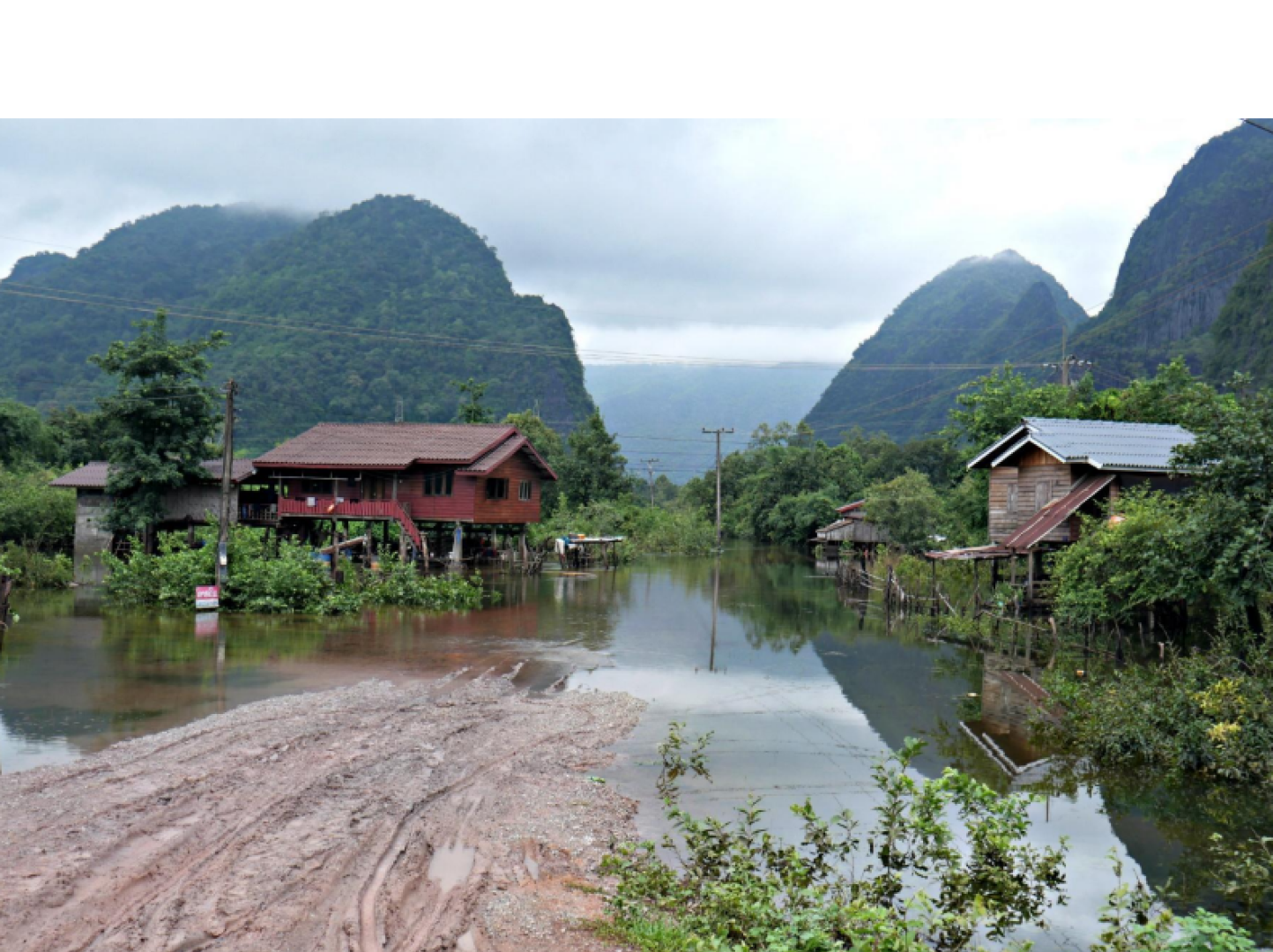The tobacco industry sometimes uses public relations to claim that it has a positive role in society, citing agricultural development, jobs, or investment. However, any social gains made by the industry will never come close to meeting the true cost of its products for society. Every year, tobacco use in the Lao PDR takes the lives of
more than 6,700 children, parents, neighbours, and friends. This cannot be justified. In addition to the health impact, the economic cost of tobacco is huge. In 2017, healthcare expenditure and working days lost due to smoking-related illnesses and premature deaths cost the Lao economy 3.6 trillion kip – equivalent to 2.3% of GDP. In the same year, tobacco tax revenue represented only 146 billion kip – far below its cost.Worryingly, tobacco production appears to be on the rise in Lao PDR following recent investments by foreign tobacco companies. While it may appear an attractive cash crop, tobacco is notoriously labour-intensive, often requiring long hours of stooping, which takes a heavy toll on workers. It also puts farmers at risk of "green tobacco sickness", caused by nicotine absorption through the skin while handling wet leaves. One in every four tobacco farmers is affected, and the crop also exposes them to heavily-used pesticides and chemical fertilizers. Tobacco is a major driver of deforestation, as tracts of land are cleared for planting, while trees are felled to provide wood for curing the harvested leaves. It is estimated that globally, approximately one tree is needed to produce just 300 cigarettes, while tobacco farming also depletes soil fertility.So, what can be done? The Lao government has strong policies to ensure it meets its obligations as a signatory to the global WHO Framework Convention on Tobacco Control. There are opportunities to strengthen these policies, and their enforcement. We can help offset tobacco’s harm by increasing the tax on tobacco products to make rates comparable with those in neighbouring countries, and by ensuring that no tobacco company is granted tax exemptions, incentives, privileges, or benefits. On average, governments across the world generate tax revenue worth about 0.6% of GDP from tobacco, but the Lao PDR collects less than 0.08%. A recent
World Bank report showed how restructuring tobacco taxes could raise 432 billion kip or 0.17% of GDP in extra revenue. As an example, the Philippines adopted
tobacco tax reforms between 2012 and 2020, and as a result domestic tobacco tax revenue jumped from around $1 billion in 2012 to $6.6 billion by 2020, providing about 11% of government revenue. These additional funds were strategically reinvested in the national health insurance programme, leading to a remarkable three-fold expansion in coverage for lower-income households. Importantly, the Philippines also witnessed a decline of more than 34% in smoking due to higher tobacco prices.The tobacco industry has argued that decreasing cigarette demand through higher taxes would reduce incomes and cause job losses. However, recent analysis by UNDP suggests these claims are greatly overstated. The Lao tobacco industry employs few farmers or leaf processing workers, and far fewer manufacturing workers due to capital-intensive operations. Furthermore, tobacco contributes only modestly to farmer incomes and GDP, while the costs of tobacco-related health treatment and mortality, and the revenue losses from tobacco industry tax benefits, sap public funds significantly.To help workers and the economy transition, a part of the additional revenues generated by increased taxes can be invested to help tobacco farmers switch to alternative crops that offer long-term benefits for both farmers and the country. An ASEAN study shows numerous examples from neighbouring countries where farmers have successfully transitioned from tobacco to other crops. Lao PDR has tremendous potential for agricultural growth, through crops that bring benefits without harming families and communities – as has been seen firsthand with highly successful transitions from other harmful crops to coffee.Finally, we recommend rigorously enforcing tobacco control and investment laws. We know that tobacco kills and to protect health, the economy, and the future of the country, we need to address both health and economic costs of tobacco by remaining vigilant to 'the appeal' of the tobacco industry. At a time when health budgets globally are under pressure, reducing the health impacts of tobacco will reduce suffering, free up funds for essential public health services, and generate much-needed revenue. This course of action offers a win-win for all and can contribute to safeguarding lives for generations to come.Authors: Bakhodir Burkhanov, United Nations Resident Coordinator to Lao PDR, Dr Timothy Armstrong, WHO Lao PDR Representative, Martine Thérer, UNDP Lao PDR Resident Representative, and Alex Kremer, World Bank Country Director Lao PDR.
